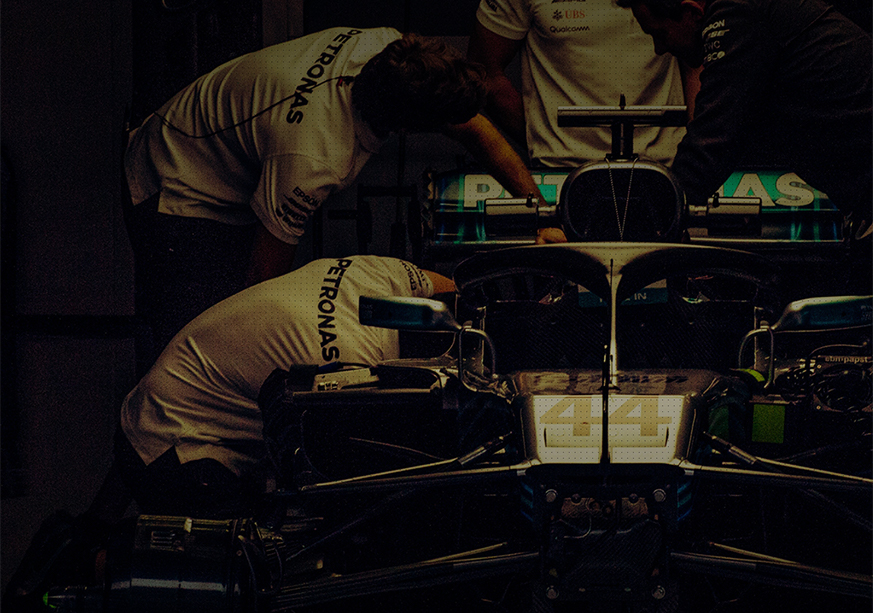
Explore our NEW Knowledge Base and Help Desk to find everything you need to attract, engage and convert talent with your Vennture website.
Discover More
Digesting digital is difficult at the best of times. Particularly when you’re faced with a 5-page article, scrolling through the find the one answer you went looking for.
We promise you won’t have that problem here.
In the Pit Stop, we cut the waffle and get right to the point, explaining in the simplest way we can.
We find the experts do their best explaining when you limit them to 100 words or less!
Without further ado... This editions questions include:
Chloe Hampson, Copywriter.
Essentially, your content should sit loud and proud and either inform your reader or influence their decision making/actions. This may include informative blogs such as 5 top tips or product descriptions that persuade your reader to purchase a product.
By contrast, SEO is concerned with the structure, site design and accessibility of your text. I like to understand it as SEO is the technical make up of your content.
Ben Thomas, Support Desk.

The meta title is your page title and should be exactly what it says on the tin. Treat your meta descriptions like a synopsis to a binge-worthy Netflix series. The description should summarise what your page is about, giving the user a reason to click.
It’s important to keep your meta titles between 50-60 characters and your meta descriptions to 50-160 characters.
Include your chosen keywords, but don’t overdo it. Keyword stuffing means Google won’t take your content seriously, decreasing your chances of engagement.
Write for humans not search engines. Yes, metadata helps optimise SEO, but you should always ensure your it reads naturally.
Steff Tabah, Client Strategy Manager.
First, it's crucial for marketing to have a clear understanding of the sales process. Marketing's job is to support sales after all. Then, we start optimising the journey from the bottom up.
The first step is the destination, this could be an entire website or a social profile. Wherever the point of conversion is for users, that's your destination. If that's not right, then no matter how much traffic you drive, you won't generate results. Only once your destination is set up to convert, can you start driving traffic and seeing results.
Nathan Roberts, SEO Manager.
Whilst it’s impossible to give a figure that applies to all sites, we expect to see results after 6 months. By results, we mean a measurable increase in traffic and associated leads or conversions.
SEO optimisation is a long game, so by this early stage, you won’t have achieved all your desired results. However, with the right SEO strategy in place, accompanied by in-depth keyword research, you should start seeing an increase in metrics.
In comparison to Paid Search where you can accurately see if you spend X you will receive Y, SEO creates incremental growth over a consistent period.
If you need a little more explanation don't be afraid to ask a member of our team.
Whether you want to know more about achieving results through SEO, or how we can enhance your website copy, get in touch today.